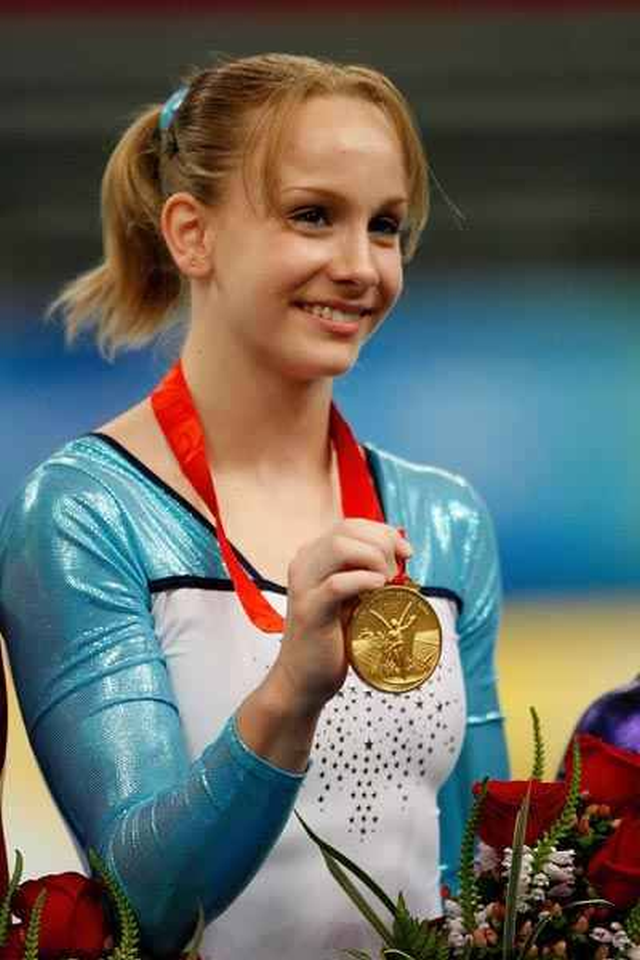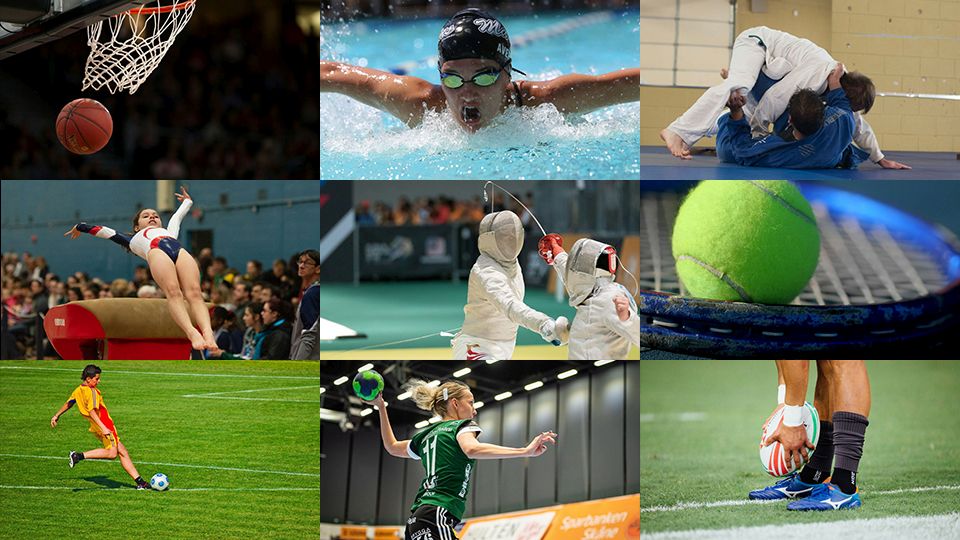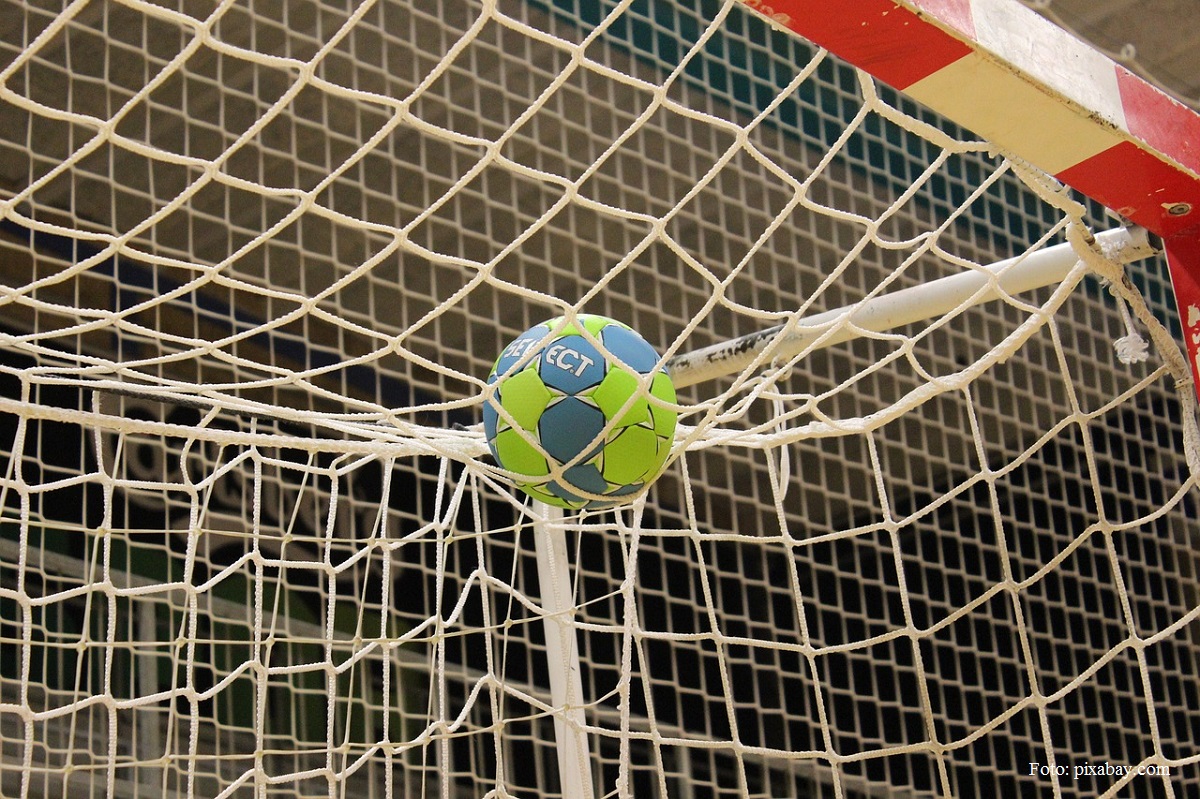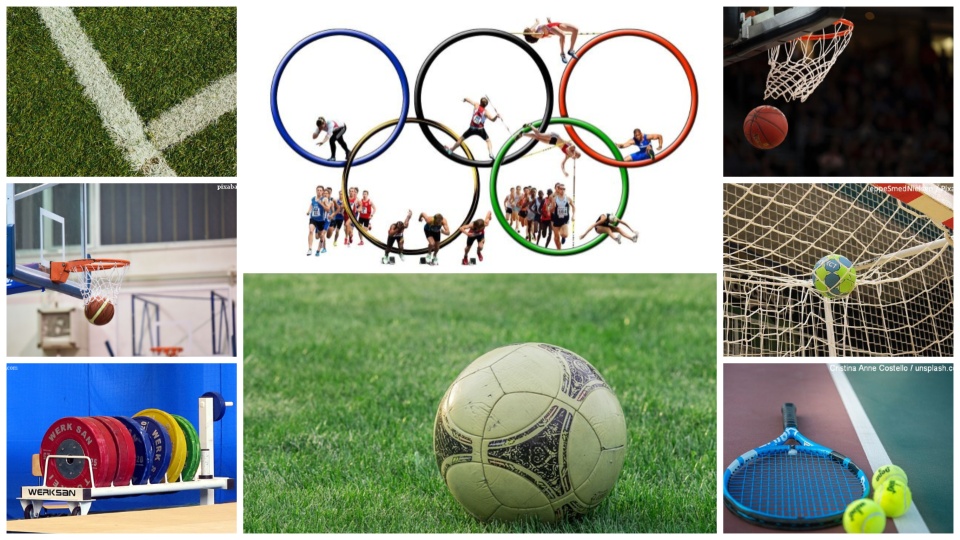Romania at the Olympic Games: Sandra Izbaşa
For decades, Romania was at the top of world gymnastics. Athletes such as the Olympic champions Nadia Comăneci, Ecaterina Szabo, Daniela Silivaș, Simona Amânar or Cătălina Ponor made for years the headlines in sports news from all over the world. In recent years, however, Romanian gymnastics hasn’t got any good results. The Romanian teams’ failing to qualify for the Olympic Games in Tokyo is the full expression of the catastrophic decline of Romanian gymnastics.

Florin Orban, 19.04.2024, 13:45
For decades, Romania was at the top of world gymnastics. Athletes such as the Olympic champions Nadia Comăneci, Ecaterina Szabo, Daniela Silivaș, Simona Amânar or Cătălina Ponor made for years the headlines in sports news from all over the world. In recent years, however, Romanian gymnastics hasn’t got any good results. The Romanian teams’ failing to qualify for the Olympic Games in Tokyo is the full expression of the catastrophic decline of Romanian gymnastics.
The last edition of the Olympic Games where Romania got some notable results in gymnastics was the one in London, in 2012. The women’s team ranked 3rd in the rankings by country, and Catalina Ponor won the silver medal in the floor exercise. The best result was the first place won by Sandra Izbaşa in the vault event, a result that brough the last Olympic gold medal in the Romanian gymnastics’ record.
Sandra Izbaşa was born on June 18th, 1990, in Bucharest. She started practicing gymnastics at the age of 4. At 12 she was already part of the national junior team. Her first big performance as a senior was in 2006, at Romania’s International Gymnastics Competition where she won the all-around individual, floor and vault events. Also in 2006, at the European Championships in Volos, she won a gold medal on floor, a silver one with the team, and a bronze medal in the beam event.
There followed many other medals won at European and world competitions. It all culminated in the Olympic Games in Beijing, in 2008, where Sandra won gold on floor. There followed two years poor in notable results. In 2011, however, at the European Championships in Berlin, Sandra Izbaşa ranked first in both floor and vault. Also, she returned with two gold medals from the European Championships in Brussels, in 2012: one in the vault event and another one with the team. The success scored the same year, at the Olympic Games in London, was the last major result of Sandra Izbaşa’s sporting career. (M.Ignatescu)





























